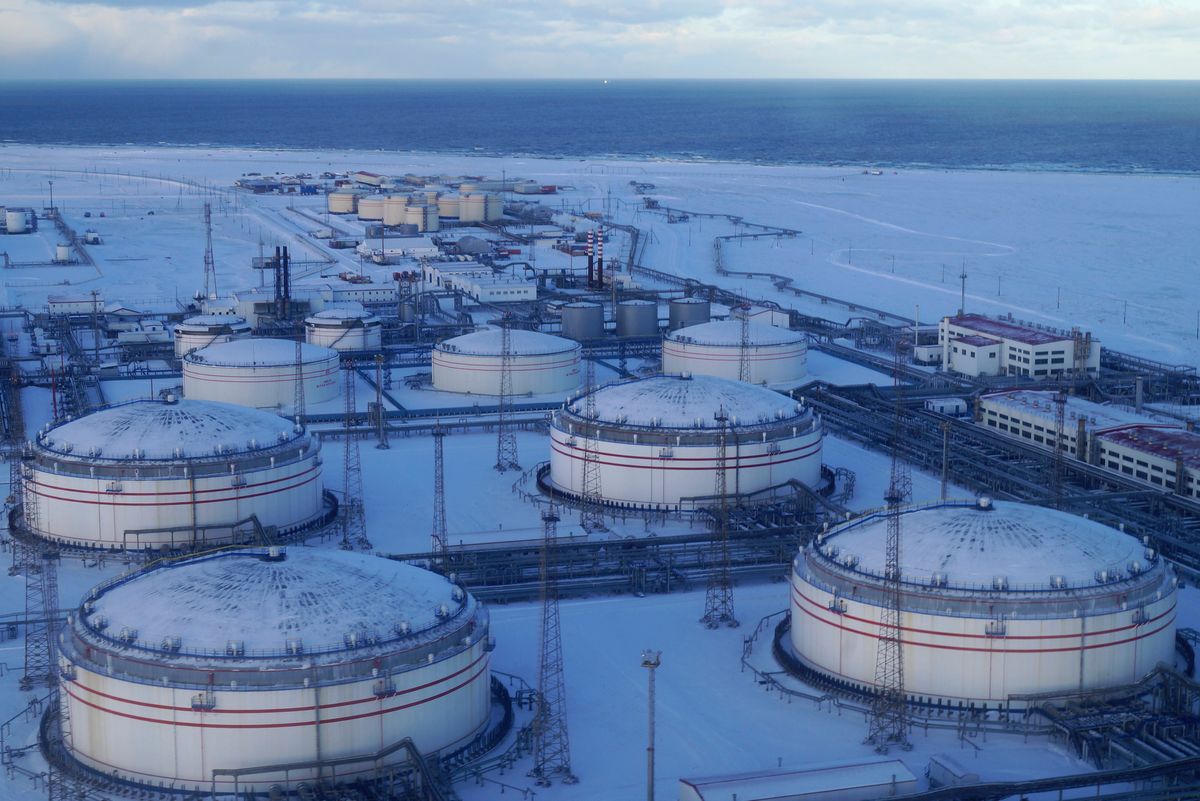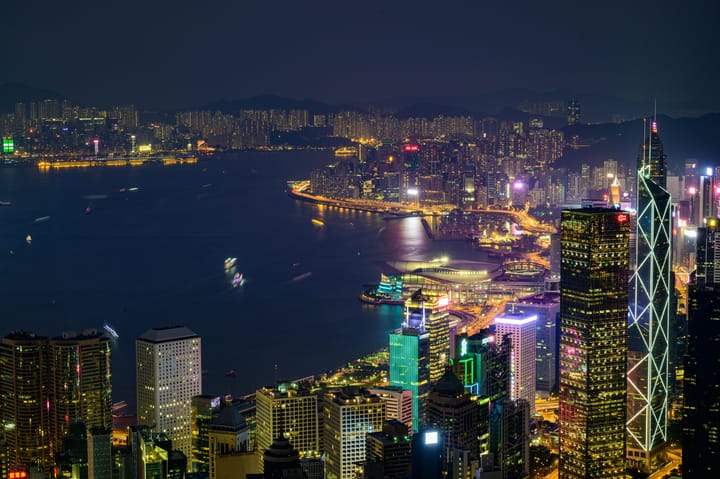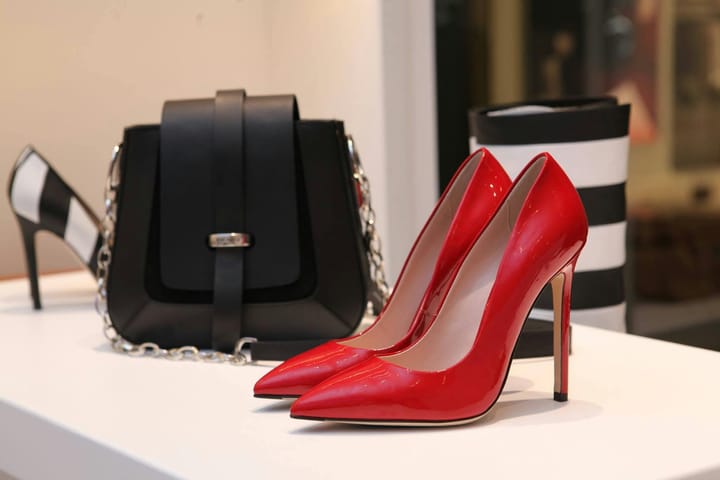How the oil caps are affecting Russia’s economy
The West started imposing oil sanctions on Russia late last year to weaken Russia's economy and military abilities in Ukraine.

A few minutes every morning is all you need.
Stay up to date on the world's Headlines and Human Stories. It's fun, it's factual, it's fluff-free.
The backstory: Russia is a big oil exporter, and its oil sales have been an important source of funding for its "special military operation" in Ukraine. With that, toward the beginning of the Russia-Ukraine war last March, the EU planned an embargo on Russian oil, and the US followed with its own idea of capping prices on oil from the country as part of ongoing sanctions from the West. The G7, the EU and Australia all ended up going through with the idea.
More recently: The West started imposing oil sanctions on Russia late last year to weaken Russia's economy and military abilities in Ukraine. That cap is US$60 per barrel of seaborne crude. When this measure was first introduced, analysts doubted it would actually do much damage to Russia's economy, let alone its military financing. But, because of sanctions, Russia is struggling to find buyers for its oil and make up for the loss of sales it usually has in Europe. This means much of its crude is selling for even lower than the price cap.
The development: On Wednesday, Russia said it hasn't seen any cases of these price caps on Russian oil actually in practice. But, according to Finland's Centre for Research on Energy and Clean Air (CREA), the price cap is costing the Kremlin US$172 million every day. And, when refined products are added to the cap from February 5, that loss will rise to US$280 million a day. So to make up for these losses, Russia is looking to reduce discounts on its oil by keeping the prices more aligned with other crudes on the market.
Key comments:
"The EU's oil ban and the oil price cap have finally kicked in and the impact is as significant as expected," said Lauri Myllyvirta, lead analyst at CREA.
"As far as the losses are concerned, no one has especially seen the caps yet," Kremlin spokesman Dmitry Peskov told reporters on Wednesday.
"The first month of the embargo proves what we've been saying from the beginning of the invasion: income from exports of fossil fuels is the financial bloodline for Putin's war," said Svitlana Romanko, founder and director of Ukrainian human rights group Razom We Stand (Together We Stand). "The EU and G7 have the power and all means to cut this bloodline. Only force and money speak to the Kremlin."




Comments ()